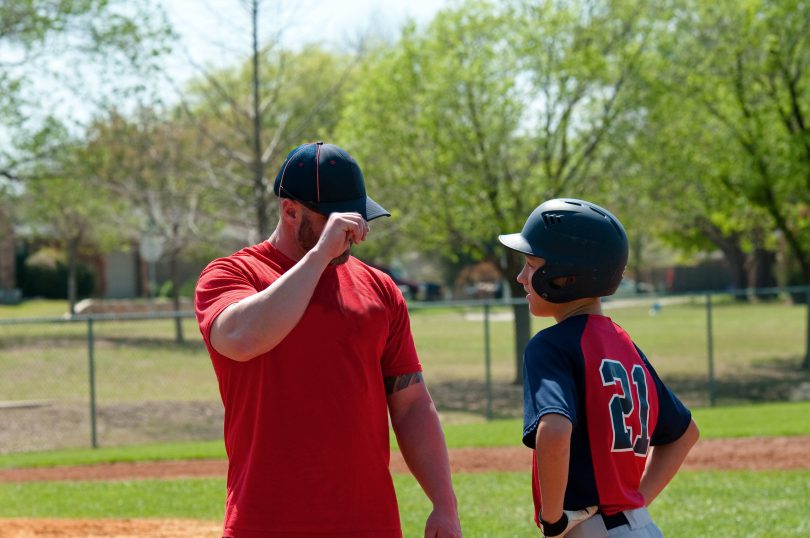Want to listen to the audio version of this article? Just click play below!
Back in college, my coach gave our team some great advice. If someone is talking to you, shut up, listen to what they say, evaluate the feedback, and decide what to do based on the quality of the advice, not who is giving it. Regardless of who is giving and receiving suggestions, Coach Rushing’s policy is sound advice that allows an individual to learn from even the least assuming of sources. It’s also a key to maintaining a growth mindset, becoming a lifelong learner, and being a better teammate. If a freshman is sharing sound advice with a senior captain, the senior should listen and respond accordingly. End of story.
This open feedback policy helps to create a more cohesive team with less hierarchy and cliques. Oh yeah, and it’s backed by research. Here’s why you should drop the ‘know it all’ tag:
In the first episode of Hidden Brain podcast, host Shankar Vedantam discusses a study by Vanderbilt University researcher, Max Gunther, and his colleagues. In the study, Gunther and his colleagues analyze the brains of men when receiving advice. When the advice was on a subject where the men receiving the suggestion felt they were an expert, it activated a part of the brain used when we try to guess what other people are thinking. Gunther’s team suggests this means when receiving advice in an area we feel we already have expertise, our first reaction is to question the motives of the advice rather than evaluating it for what it’s worth. In other words, we immediately start thinking of reasons why the advice would be wrong.
Based on the study’s conclusions, we can agree there are two main ways we react to advice. We can either question the motives behind it, or as Vedantam says, “evaluate the advice on its own terms.” Being aware of these two reactions and what they mean for your baseball career is important. Think about receiving baseball related advice or feedback on something you believe strongly from a coach or teammate, maybe your approach to hitting or pitching. What does it mean for your relationship with the advice-giver and your development as a player when you immediately question the motive or validity behind the advice? Learning to deal with constructive criticism and feedback is essential to success at the college level. By knowing the way your brain is conditioned to think in these situations, you can work to be more open and become an even better player and teammate.
Evaluating the feedback you receive on the basis of its merit will benefit you in several ways. By fully processing and evaluating the information, you will either strengthen the conviction you have in your current beliefs (thanks for the advice, but it doesn’t work for me), or it will cause you to change your opinion based on the new evidence. It will also give you the opportunity to learn from people you otherwise might ignore, and improve your coachability and critical thinking skills. Now that you are aware of the way your brain works to protect your existing beliefs, you can get to work shedding the ‘know it all’ attitude and improve your growth mindset!






